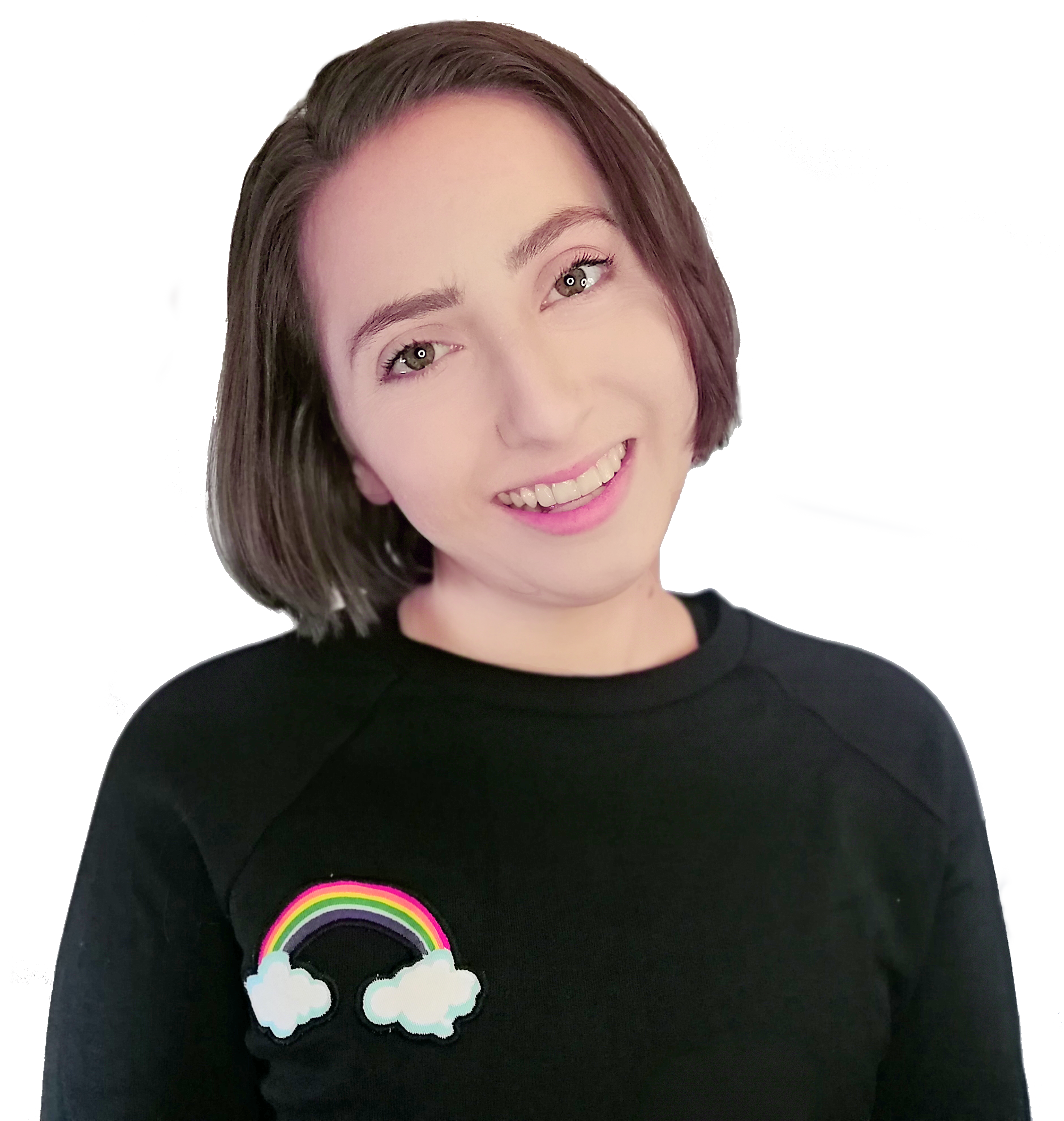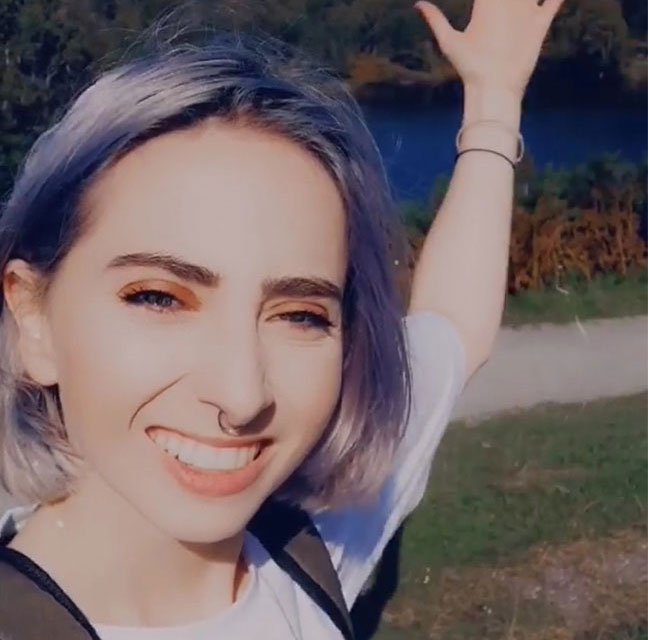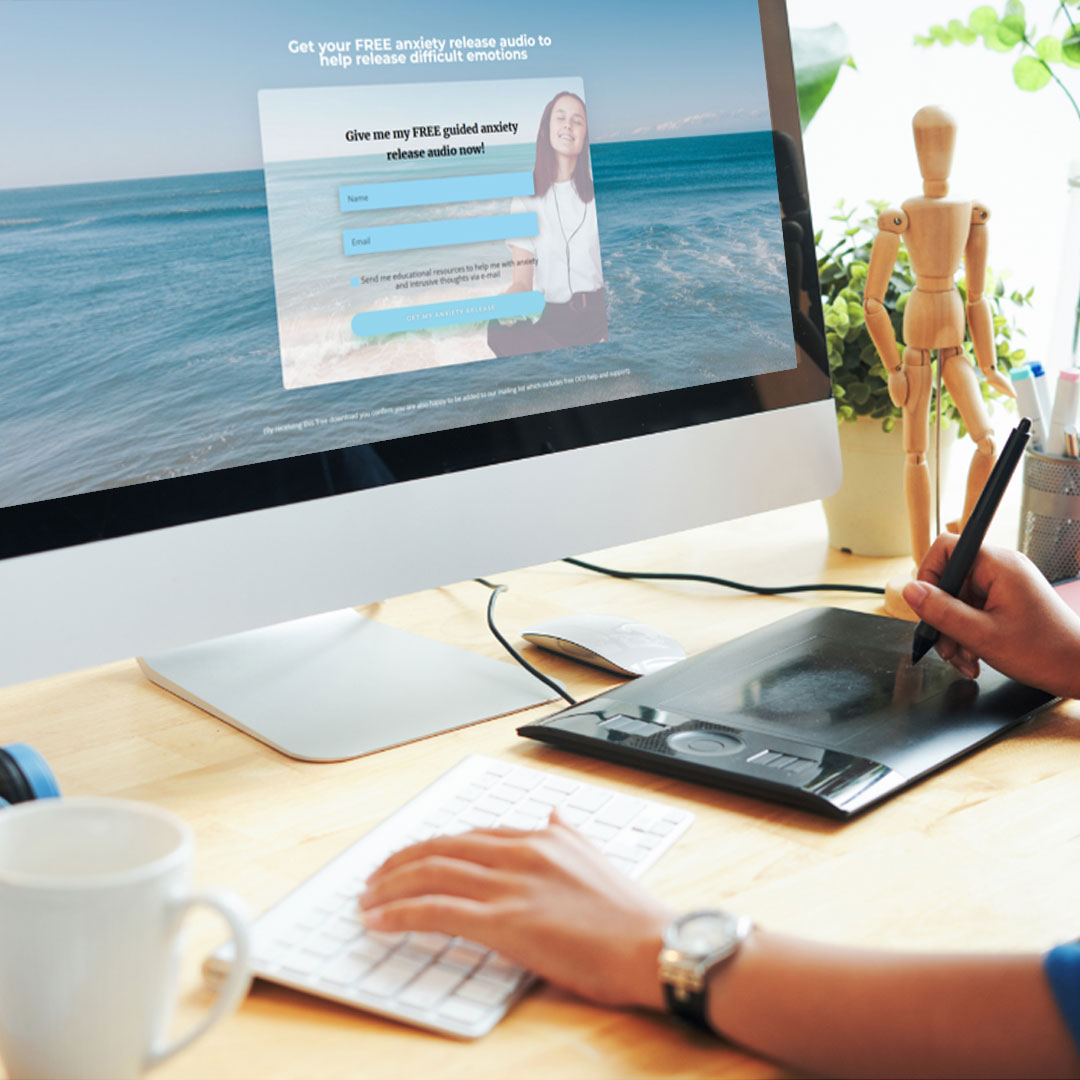MY OCD RECOVERY JOURNEY

Before I recovered from OCD, I went through many of the feelings and experiences you might be dealing with now.
Intrusive thoughts, endless guilt, and distressing false memories.
I felt anxious and constantly questioned my morality. Feeling overly responsible for everything.
Eventually, I fell into a state of anxiety and depression.
I found it hard to imagine what life without OCD’s grip would even be like.
I was caught in a cycle of compulsions. Even having difficulty leaving my home until I had repeatedly checked that I had locked the door.
OCD became a serious struggle for me. It affected relationships, stifled my creativity, and limited my social interactions.
As you can imagine, managing my OCD became the top priority in my life.
MY OCD RECOVERY JOURNEY
Before I recovered from OCD, I went through many of the feelings and experiences you might be dealing with now.
Intrusive thoughts, endless guilt, and distressing false memories.
I felt anxious and constantly questioned my morality. Feeling overly responsibility for everything.
Eventually, I fell into a state of anxiety and depression.
I found it hard to imagine what life without OCD’s grip would even be like.
I was caught in a cycle of compulsions. Even having difficulty leaving my home until I had repeatedly checked that I had locked the door.
OCD became a serious struggle for me. It affected relationships, stifled my creativity, and limited my social interactions.
As you can imagine, managing my OCD became the top priority in my life.


When I first started to work on my OCD, it was far from a walk in the park.
I realised I had a lot of other struggles occurring at the same time, like internalised shame, guilt and negative beliefs about myself.
To be honest, I wasn’t even sure if I was ready for or even really wanted to change.
I used to have thoughts like “What if OCD was the only thing making me a good person?”
I quickly found out the sneaky thing about OCD—it can make you believe things that won’t help with your recovery.
(It’s important to say that this was my personal experience and your journey may be completely different).
My journey to recovery was complicated by my other struggles, and I realised that addressing them was crucial for managing my OCD.


I learned that my recovery would be supported by addressing not just OCD, but also other underlying issues that were impacting and contributing to it.
I realised that part of me had been clinging to OCD as a mechanism of control, resulting from a lack of self-trust.
Around this time, I began listening to other OCD sufferers’ stories and experiences and started identifying common threads.
Many of us seemed to be empathetic, creative individuals who often felt out of place.
Some of us had, like me, shouldered either excessive criticism or responsibility.
I also noticed the UK National Health Service (NHS) website stating that OCD is more common in people who have been bullied, abused or neglected.
Connecting with others like myself made me feel less isolated and motivated me not to let my story with OCD end there!
This new awareness marked the beginning of my exploration into overcoming my OCD.
I started the effective, evidence-based treatment of exposure response prevention.
Another strategy I found beneficial was Acceptance and Commitment Therapy (ACT), which has been supported by numerous studies demonstrating its effectiveness for OCD.
I realised that consistency is key and that therapy is a process that involves commitment.
By making changes and practicing what I learned, I started to notice improvements—I didn’t get wrapped up in my thoughts, became more present with people, and was kinder to myself.
These small changes grew into significant improvements. I felt lighter and began to enjoy life again. As I gained momentum, I started seeing friends, reconnecting with activities I loved, working on my career, and getting back to playing music and embracing my creativity.
And now, for the majority of the time, my OCD has a minimal impact on my daily life.


Like everyone, I still experience fear and anxiety from time to time, but after working on confronting my fear and with the aid of the tools I learned, I manage these effectively, and they rarely interrupt my life.
My thoughts no longer haunt me, and OCD no longer has the power to maintain a state of constant fear.
Now, I actually enjoy life and feel present. I’m also in a long-term, secure and loving relationship!
It’s important to mention that while I use the term ‘recovery’ to describe my personal journey with OCD, this doesn’t mean I am ‘cured’ in the sense of being completely free from OCD.
In fact, there is, at present, no definitive cure for OCD. But that doesn’t mean my life has to be run or filled with OCD’s need for me to be ‘perfect’.
Rather, I’ve reached a point where I have learned to effectively manage my symptoms and they no longer significantly impact my day-to-day life.
Instead of focusing on OCD, my attention is on things I’m passionate about, such as spending time with my partner, experiencing nature, travelling, my career, and my creativity.
It feels as if a great fog has cleared, allowing me to fully appreciate life again.

Motivated by the desire to support others who were struggling, I decided to deepen my understanding and knowledge.
I returned to education, gaining a graduate certificate in Counseling Skills from the University of Salford and then went on to gain a post-graduate level diploma in Cognitive Behavioural Therapy, studying the most effective evidence-based treatments for OCD including ERP.
I also created an online community of over 6,000 passionate and creative individuals.
This leaves me with a question for you…
What if dedicating just an hour each week to developing strategies for managing your OCD, anxiety, and negative self-talk could promote a sense of peace and well-being?
If you know you want to explore therapy, I’d like to offer you the option to work with someone who is a qualified therapist, trained in evidence-based OCD treatments, and who also brings personal insight from having lived with OCD. While lived experience isn’t a substitute for clinical training, I’ve found it helps me better understand the unique challenges some clients face.


So, what next?
I’d like to suggest two steps for you, both entirely free:
1) Download my Anxiety Release Audio, a daily practice rooted in ACT techniques. It’s designed to help you unhook from distressing thoughts and become more present. With regular practice, it can promote a sense of inner calm and help you to feel more at ease.
2) Book a free 15-minute consultation to discuss and start learning how I can help to support you in finding relief from the distress OCD can cause, using evidence-based strategies. We can work together online, from the comfort of your own home to help you move towards a greater sense of freedom and enjoyment in your life.
You’ve been lost in your thoughts for so long, it’s time to take back your life!
